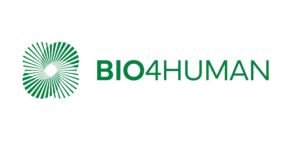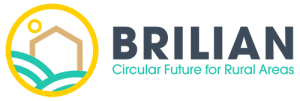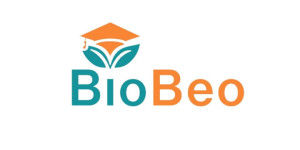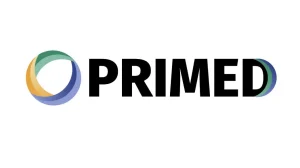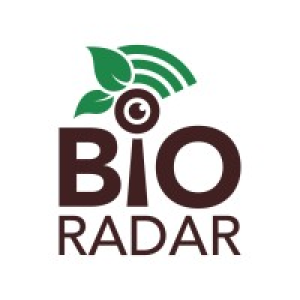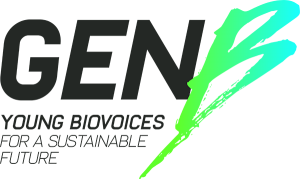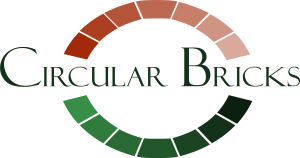BEAMING project
This project ends on: 31/12/2027

Bioeconomy excellence alliance for stimulating innovative and inclusive green transition
BEAMING is a Horizon Europe project under the WIDERA work programme which seeks to promote innovation and valorization of knowledge in the field of bioeconomy through cooperation between higher education institutions, with a special focus on widening countries in Central-Eastern Europe, South-Eastern Europe and the Western Balkans.
Contact:
Balázs Imre (Project Coordinator): imre.balazs@edu.bme.hu
website: https://beamingproject.eu/



